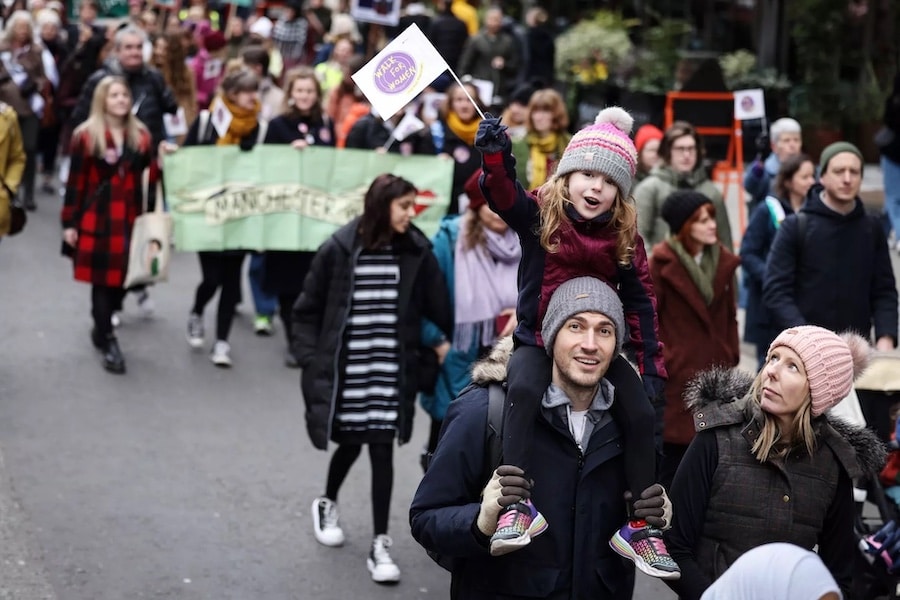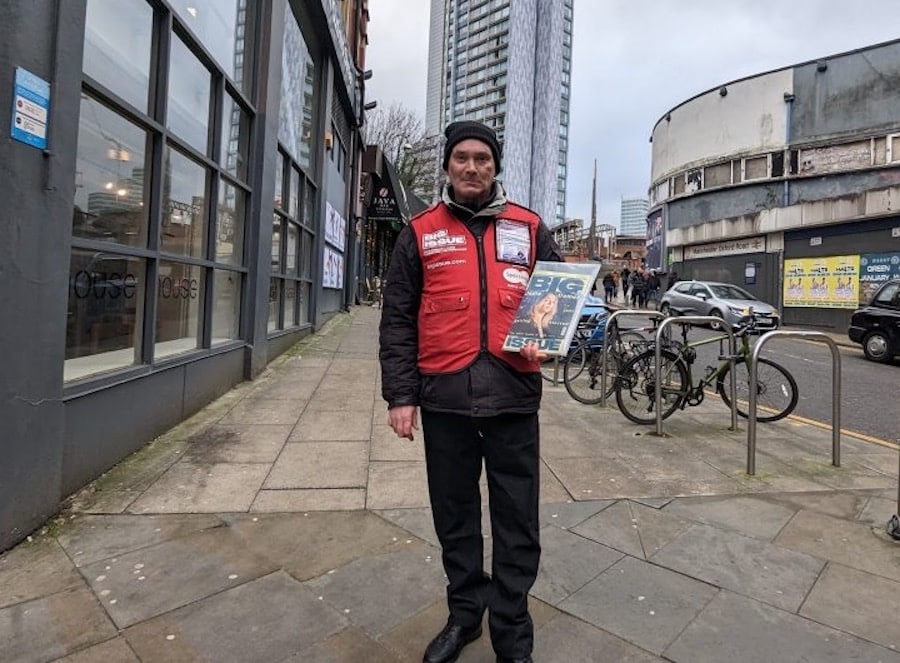Review: Les Misérables is an exceptional piece of theatre
- Written by Annalise Bennett
- Last updated 3 years ago
- Theatre
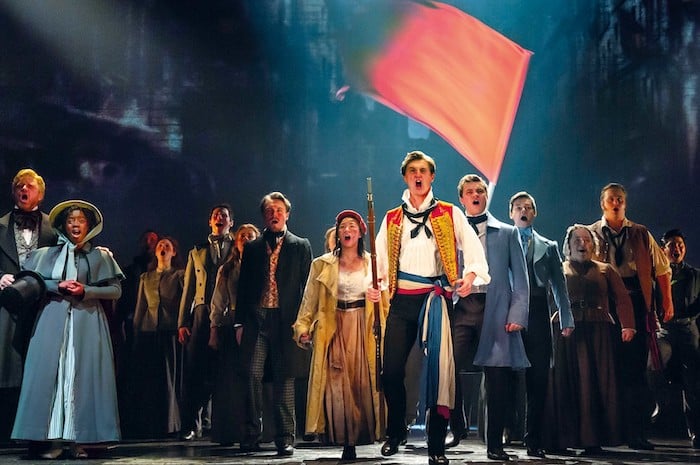
Les Misérables is currently running its 37th year on the West End in London’s Sondheim Theatre. The production hardly ever tours – so this is your chance to find out why it is such a sensation to behold.
The musical is based on Victor Hugo’s 1,400-page novel of the same name, which details the trials and tribulations of the lives of the poorest people in France, depicting the animosity that built the tensions that led to the French Revolution.
Cameron Mackintosh produces the show, with music by Claude-Michel Schönberg, lyrics by Herbert Kretzmer and the original French text by Alain Boublil and Jean-Marc Natel.
Les Misérables is an entirely sung-through musical, which means that everything is sung with the accompaniment of an orchestra.
In this production, the music is led under the direction of Ben Ferguson who wonderfully leads the band to create the beautifully emotive melodies that gives this musical its power.
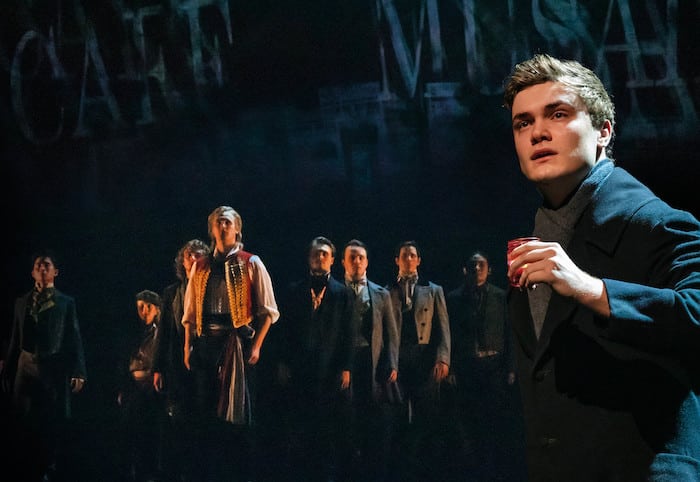
Les Misérables can be loosely translated into ‘the miserable ones’ or ‘the wretched’, which at first glance seems to be all this show is about, but there is more to it than that.
Jean Valjean (Dean Chisnall) is on his life’s journey of becoming a ‘better’ man.
Coming to the end of his service on the chain gang, his ticket of leave from the institution strips him of any future prospects. Down on his luck, Valjean crosses paths with the Bishop of Digne (Earl Carpenter), who is the first person to treat him with kindness and dignity.
Going forward, Valjean is determined to leave his past behind him and begin a new life with generosity in his heart and goodwill in his spirit, adopting the name Monsieur Madeleine (but more commonly referred to as Monsieur le Maire, meaning ‘Mr. Mayor’ as he becomes mayor and factory owner in Montreuil-Sur-Mer).
Unavoidably, his past catches up to him in the form of Javert (Nic Greenshields), an overseeing constable from Valjean’s chain gang days.
Around the same time, Fantine (Katie Hall), a worker in Valjean’s fakes right of his wrongdoing by caring for her child, Cosette (Paige Blankson), as his own.
The ingenious backstage crew as well as the talented performers is what makes this show phenomenal, their combined gifts gracefully deliver an engaging and emotive performance.
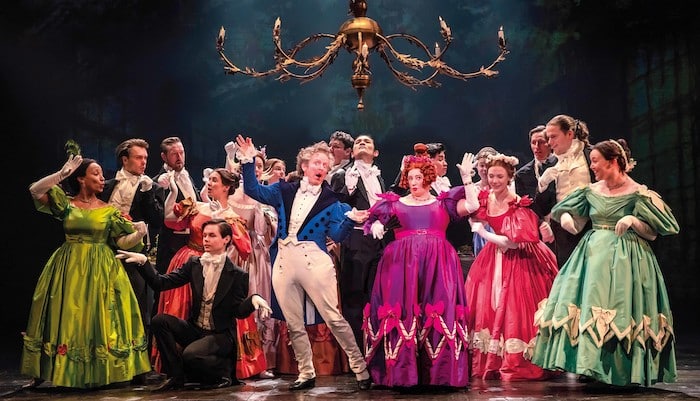
Dean Chisnall as Jean Valjean is an absolute standout. His voice and range are incomparable to anything else, the sorrow and regret felt in Valjean’s Soliloquy opposed to Bring Him Home where he is hopeful and every other emotion in between are equally conveyed through song in a way that not only reaches the audience but resonates with them.
Katie Hall is Fantine in this production, and fans of the musical may recognise her from Les Misérables in Concert: The 25th Anniversary (2010) where she played Cosette opposite Nick Jonas as Marius.
Her interpretation of I Dreamed a Dream, which is arguably one of the most well-known songs from Les Misérables, is stunning, while Marius is portrayed by Will Callan, who very successfully embodies the character and introduces his superb singing skills to audiences with this as his professional debut.
The towering of the set makes the stage feel enormous which is incredibly effective when multiple things are taking place, and is just as powerful, if not more so, when the stage is empty with a character standing alone, such as Éponine (Nathania Ong) when she sings On My Own, her isolation and loneliness is not only depicted by the lack of set but her despair is impressed upon the audience by seeing the stage so bare after busy scenes.
The Thénardier’s (Helen Walsh and Ian Huges) bring relief and vivid costumes of royal blue and bright pink, raising the spirit within the auditorium. They’re not particularly likeable characters, but their comedic relief is welcomed, nonetheless.
A further aspect of the staging is the projection against the backdrop curtain. It helps develop the scene setting on stage, such as showing the streets of Paris while the cast march and wave the red flag to the iconic One Day More and later, transitioning to the sewers in Act 2.
An eye-opening piece of staging takes place when a constable falls into the river, going from standing on a bridge to being hoisted up and falling in mid-air.
The projection behind him shows the rapid running water of the river and the lighting slowly narrows until only his hand can be seen thrashing as though in the water until the stage finally goes black, indicating his death by drowning.
The multiple staging effects that contribute to this visual is impeccable.
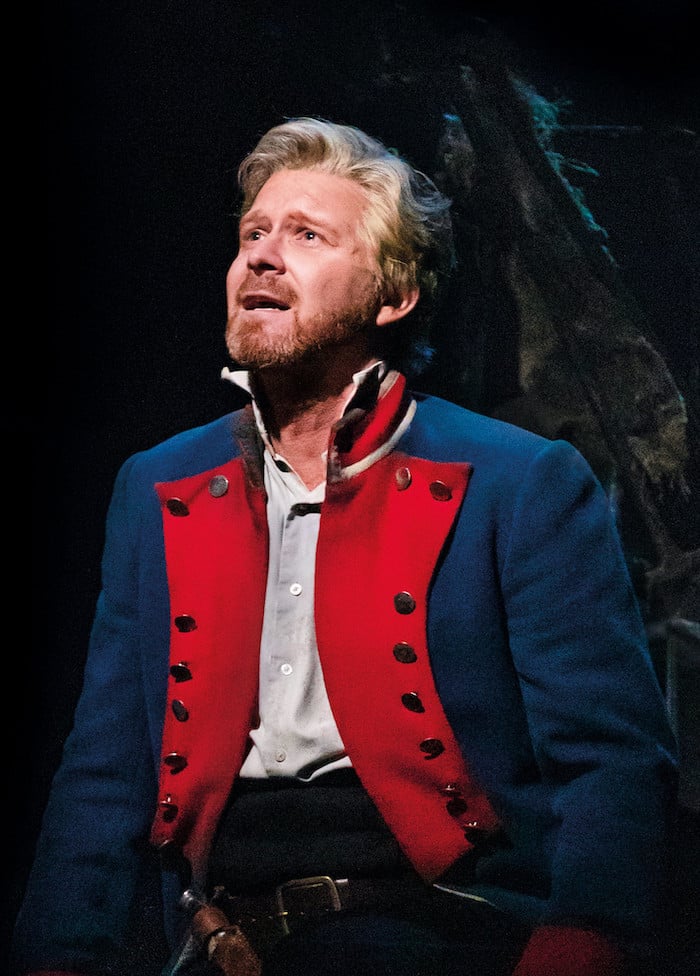
This production of Les Misérables is exceptional, and the quality of this piece of theatre is extraordinary, especially given that it is a touring production. Genuinely, it is comparable to what you would expect from a West End performance.
Remarkably, though the first English production of the musical was performed in 1985, the themes within remain incredibly relevant and recognisable today – the rich exploiting the poor is still very much an active occurrence, which makes you wonder, have we really come as far as we think?
Overall, Les Misérables is a prime example of not judging a book by its cover.
Yes, the title, the plot, and the numerous deaths along the way are of course woeful, but they’re not what this show is about. There are lessons of kindness and forgiveness to be learned from it.
The themes of revolution, redemption and reward allows the musical to be uplifting and empowering, and, at times, overwhelming (in the best way).
Les Misérables is currently playing at The Lowry, with performances scheduled Mondays to Saturdays up until Saturday 23rd April 2022. Accessible performances are taking place on Tuesday 5th April which will be captioned by Olivia Powell/Stagetext and on Tuesday 12th April, where Anne Hornsby will be providing audio description. The performance includes gunfire, smoke, and strobe lighting, and is just shy of three hours, with the first act lasting over 90 minutes. Tickets start at £20 and can be bought here, but availability is limited.
- This article was last updated 3 years ago.
- It was first published on 2 April 2022 and is subject to be updated from time to time. Please refresh or return to see the latest version.
Did we miss something? Let us know: press@ilovemanchester.com
Want to be the first to receive all the latest news stories, what’s on and events from the heart of Manchester? Sign up here.
Manchester is a successful city, but many people suffer. I Love Manchester helps raise awareness and funds to help improve the lives and prospects of people across Greater Manchester – and we can’t do it without your help. So please support us with what you can so we can continue to spread the love. Thank you in advance!
An email you’ll love. Subscribe to our newsletter to get the latest news stories delivered direct to your inbox.
Got a story worth sharing?
What’s the story? We are all ears when it comes to positive news and inspiring stories. You can send story ideas to press@ilovemanchester.com
While we can’t guarantee to publish everything, we will always consider any enquiry or idea that promotes:
- Independent new openings
- Human interest
- Not-for-profit organisations
- Community Interest Companies (CiCs) and projects
- Charities and charitable initiatives
- Affordability and offers saving people over 20%
For anything else, don’t hesitate to get in touch with us about advertorials (from £350+VAT) and advertising opportunities: advertise@ilovemanchester.com
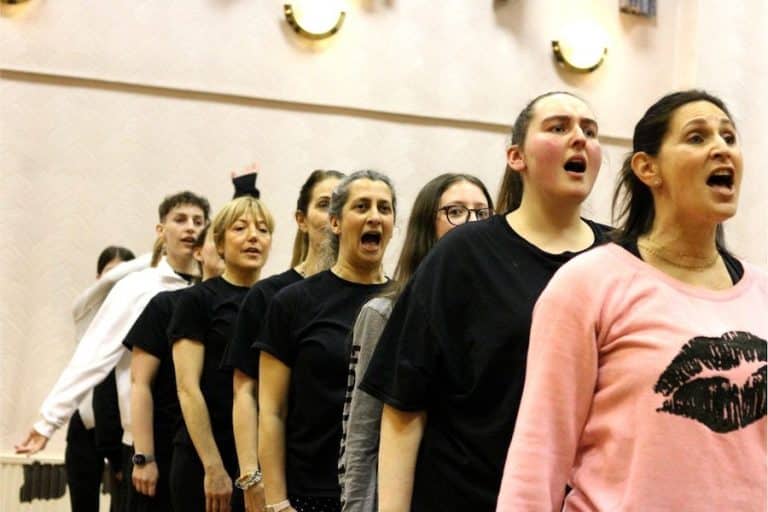
The Jewish Theatre Company celebrates 50 years with a swampy smash hit
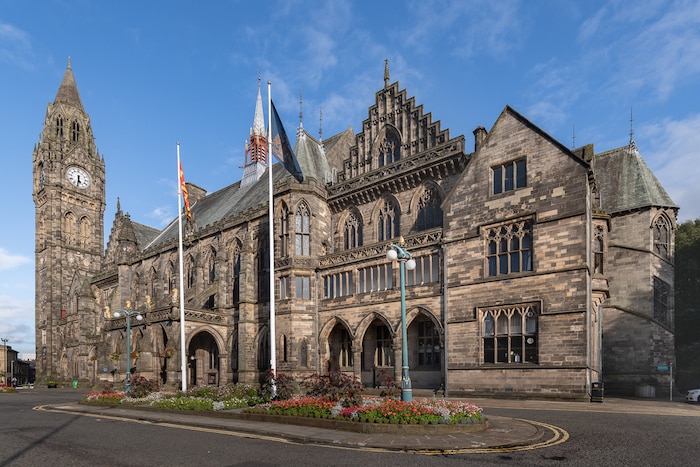
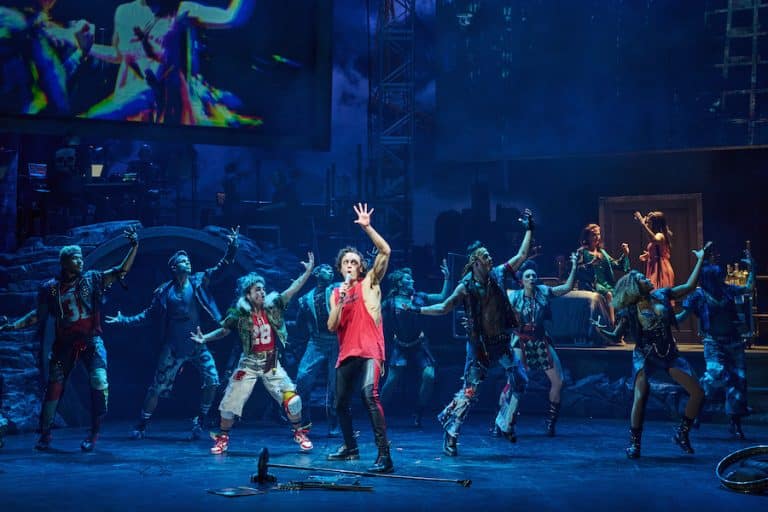
Review: Bat Out Of Hell at Palace Theatre is ‘a high-energy, adrenaline-fuelled ride’
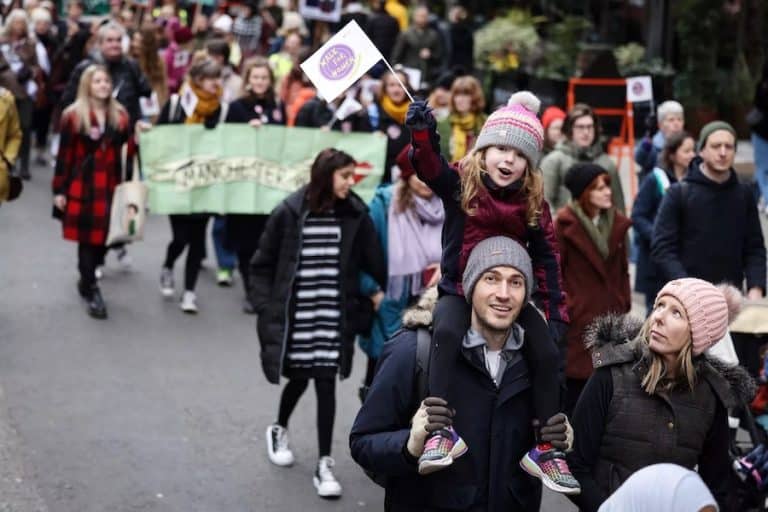

Big Issue, bigger heart: Manchester comes together for Colin










